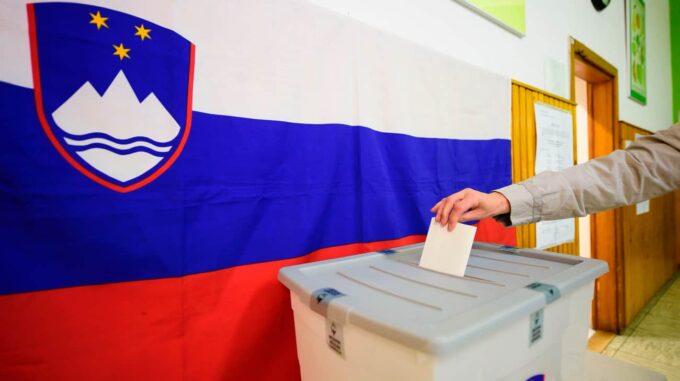Slovenia Prepares for a Crucial Referendum on Defense Spending and NATO Membership

Slovenia is currently engaged in an active national debate regarding its defense policies and strategic alignment within and outside NATO frameworks. The country’s parliament has supported the initiative by the Left Party to hold a consultative referendum aimed at gauging public opinion on increasing military expenditures to 3% of GDP, approximately 2.1 billion euros annually, by 2030. The proposal has gained political traction through backing from two out of three main coalition parties — the Left and the Social Democrats — along with several smaller opposition parties, all seeking to bolster Slovenia's defense capabilities and ensure its security in an increasingly uncertain global landscape. The planned referendum question will ask voters whether they support increasing Slovenia's defense spending to 3% of GDP by 2030. The timing for the vote has yet to be determined, as the Slovenian parliament must pass a dedicated resolution to organize it. It is important to note that the outcome of this consultative vote is non-binding and purely advisory for decision-makers. A significant political development came from Prime Minister Robert Golob of the Freedom Movement, who announced plans to initiate another referendum on Slovenia's NATO membership. Golob outlined two primary options: remaining within the alliance and paying membership dues or exiting altogether, which he described as the only clear choice. He emphasized that any alternative involving populist appeals does not serve the country’s long-term strategic interests. Background to these developments includes the government’s May decision to increase defense spending to 3% of GDP by 2030. This move, however, conflicts with NATO’s target of 5%, and has stirred tensions within the coalition government. Different political factions hold divergent views on the country’s role in global security and its commitments within NATO. These debates are likely to continue influencing Slovenia’s foreign and defense policies, with public opinion and upcoming referenda playing pivotal roles in shaping the nation’s trajectory.

